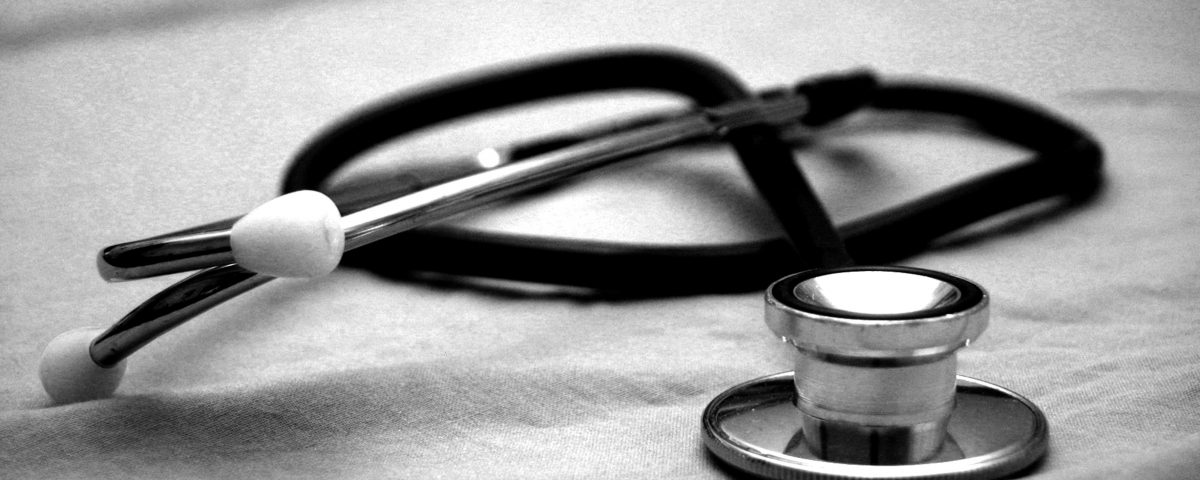- Call for Appointment
- 01642 852324
- [email protected]
Top 3 Diseases that effect the elderly

What to do if your loved one has dementia
February 3, 2017The older we get the more susceptible we become to disease and medical issues. This short list states the top 3 diseases that plague the elderly as well as symptoms you can spot early.
Arthritis
Arthritis is the breakdown of tissue inside the joints. It can cause pain, inflammation, restricted movement of the area and an apparent weakness within the joints affected. Arthritis is very common in the UK, affecting around 10 million people of all ages.
There are two main types of Arthritis: Osteoarthritis and Rheumatoid Arthritis. When it comes to older people, the most common type of arthritis is Osteoarthritis. This is caused by wear and tear; the older we are the more we have used our joints through our lifetimes. Around eight million people in the UK are affected by this type of arthritis.
Symptoms of Arthritis include:
- Joint pain, tenderness and stiffness.
- Restricted movement of joints.
- Inflammation in and around the joints.
Unfortunately, there’s currently no cure for the disease but there are treatments available such as painkillers and corticosteroids, which can help slow down the condition.
Hypertension
Hypertension is a long-term health condition whereby the blood pressure in the arteries is constantly elevated. Blood pressure is the pressure of the blood within blood vessels and is measured in ‘millimetres of mercury’ (mmHg) using two numbers; for example, 120/80mmHg.
According to the NHS, more than one in four adults in the UK have high blood pressure but many won’t even realise it. The only way to find out is by having your blood pressure checked.
Noticeable symptoms of hypertension are rare as the only time someone will notice symptoms of hypertension will be when blood pressure reaches dangerously high levels. This is known as hypertensive crisis and the symptoms for this include severe headaches and anxiety, chest pain and an irregular heartbeat.
Hypertension puts lots of strain on blood vessels, the heart and other vital organs such as the kidneys. Having high blood pressure increases the risk of the following serious, and potentially life-threatening medical conditions:
- Heart Disease.
- Heart Attacks.
- Kidney Disease.
- Vascular dementia.
- Heart Failure.
Ways of treating and managing hypertension include:
Watching your diet – Avoid foods high in saturated fat and sugar. Replace them with fruits and vegetables.
Leading an active lifestyle – Begin adding more exercise to your day. Start by walking regularly and then move onto jogging if you can..
Stop smoking – Nicotine raises people’s blood pressure and heart rate. If you smoke, one of the best things you can do for your overall health is to quit.
The NHS recommends that all adults over the age of 40 get their blood pressure checked at least every five years.
Asthma
Asthma occurs when the body’s airways are sensitive to allergens and become inflamed. This inflammation can cause a painful and frightening attack, which causes the airway muscles to tighten and narrow – making it hard to breathe.
Symptoms of asthma include:
- A tight sensation in the chest.
- Being out of breath regularly.
The elderly are susceptible to asthma and it can worsen when people have a cold or the flu. Asthma can be disruptive to a person’s life and managing it is extremely important as it can be a life-threatening condition.

